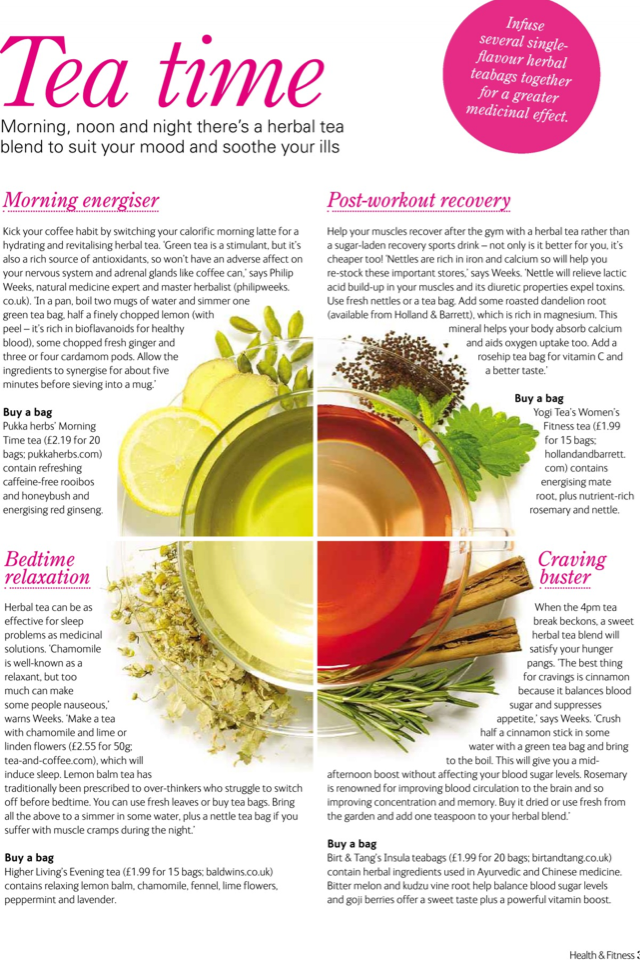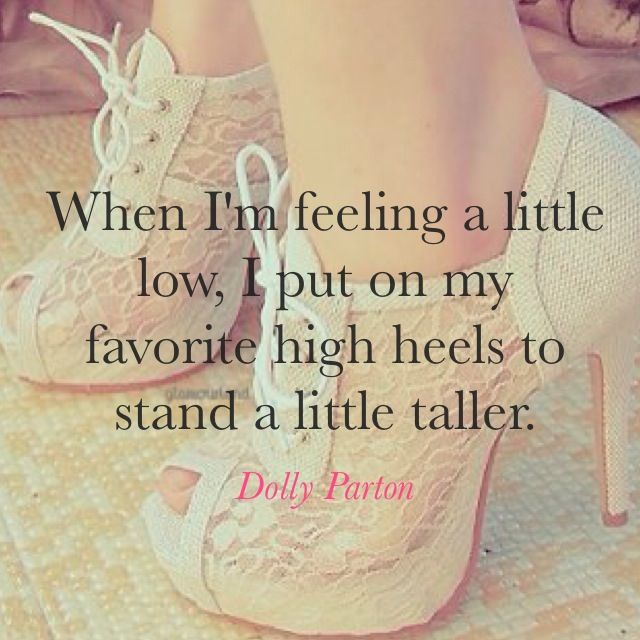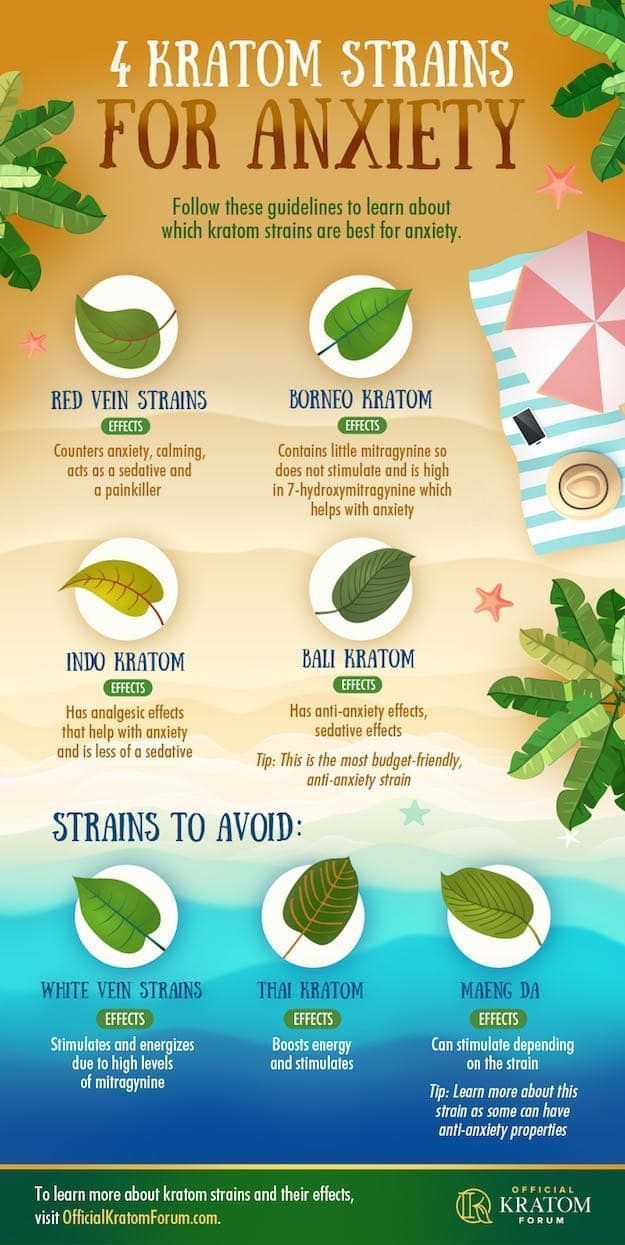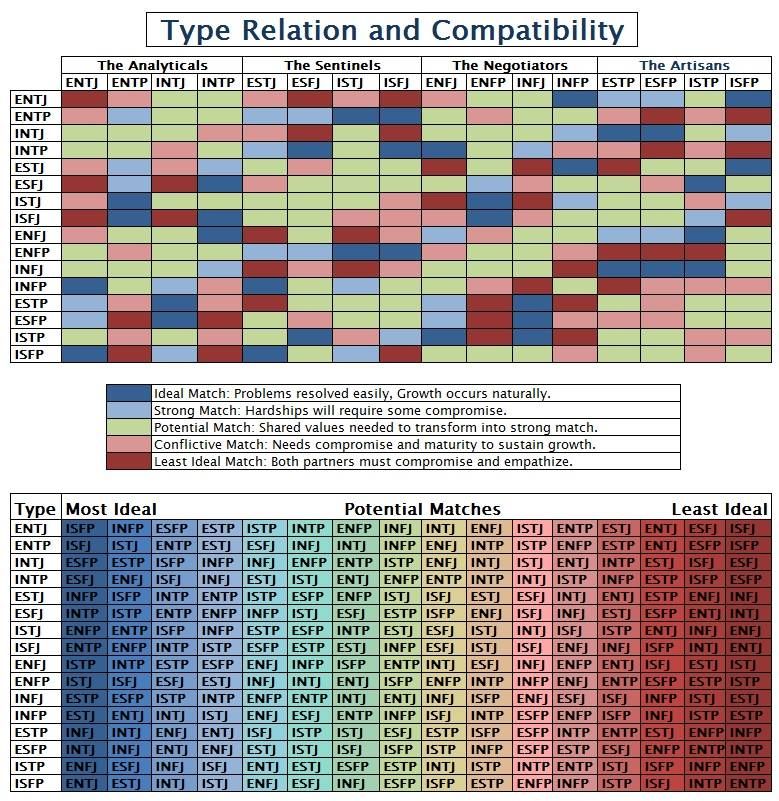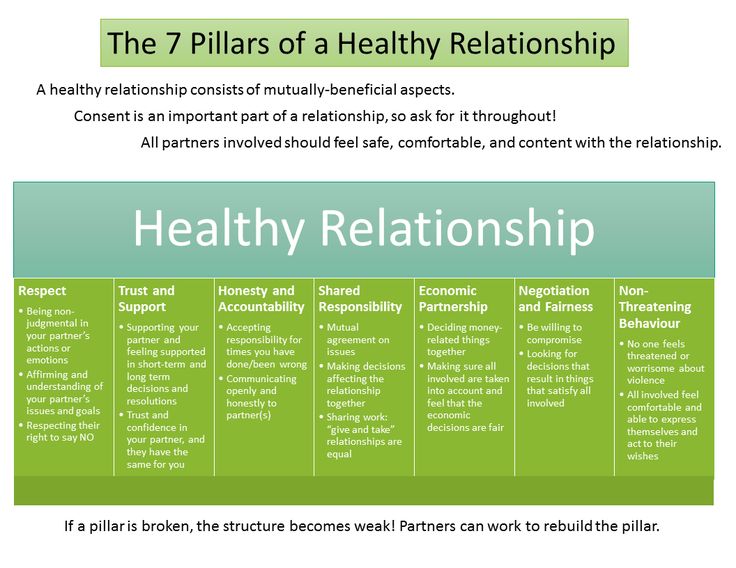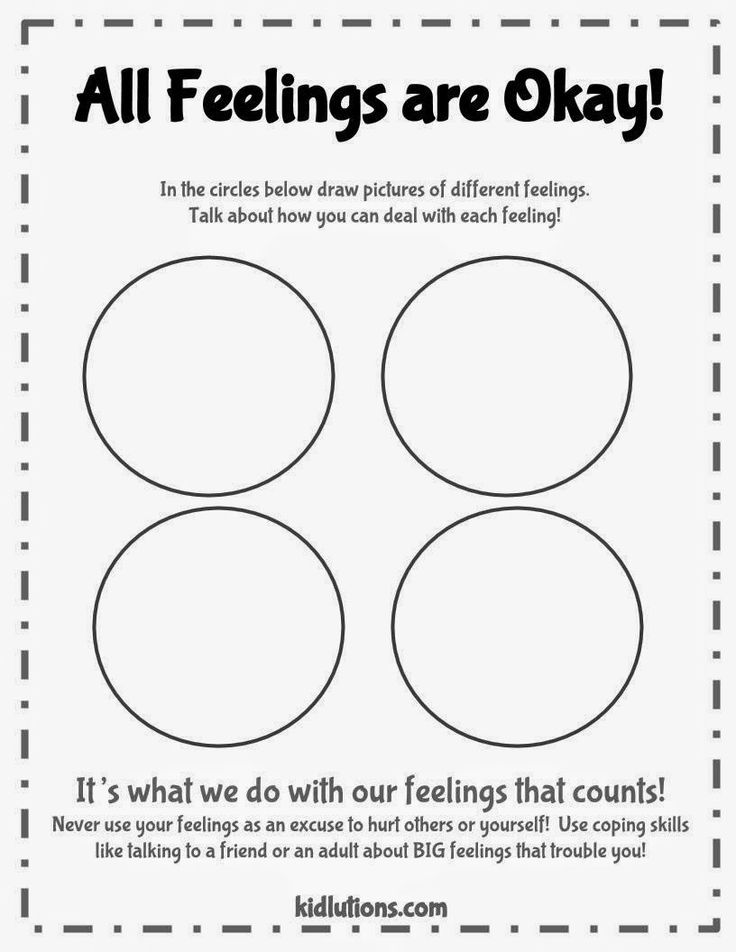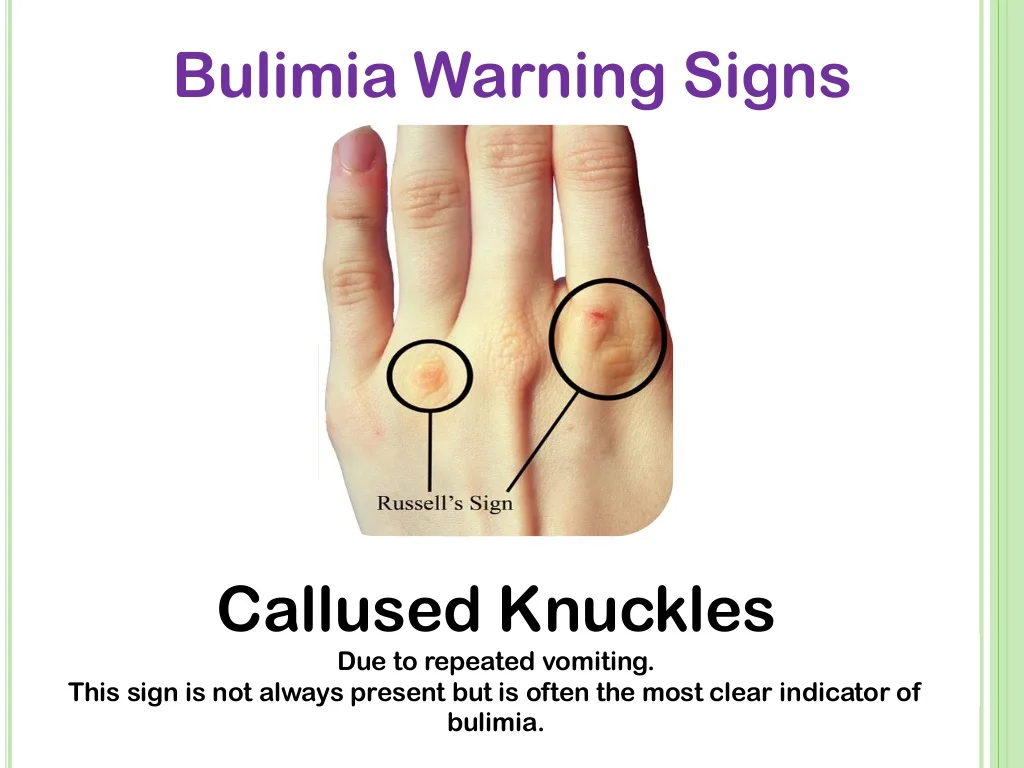Mourning the end of a relationship
Grieving When Your Relationship Ends: The 3 Important Phases
Whether you are the one who has made the decision to end your relationship, or are the one on the receiving end of your partner telling you they no longer want to be with you, the ending of a relationship really hurts.
If you are the one who has come to the end of your tether and can’t go on any more, your grieving will have started well before you end the relationship.
For your partner, their grieving may not start until after the “ending conversation” and subsequent separating.
Susan Elliott has grouped the usual stages of grieving into 3 phases of grief specifically for when a relationship ends which can help you more easily understand what you are currently going through.
The 3 phases usually don’t follow a straight line though. You will find yourself slipping back and forward between these, and will also probably cycle a few times through them before coming out the other end, by which time you will find you have come to a fuller acceptance of what has happened and have emotionally detached from your ex-partner.
Related article: Ending Your Relationship with Respect and Even a Little Kindness
The most important thing to remember is to be gentle with yourself during this grieving time, and give yourself plenty of time to feel all of your feelings, sharing them with a trusted friend, writing about them in a journal, or talking with a Psychologist specialising in relationships.
What not to do
Too many people mistakenly think it’s best to keep themselves busy, by throwing themselves into work, drinking more, shopping till you drop, or any other kind of distraction. But this only prolongs your misery. Emotions not felt and processed stagnate in your system, keeping you tethered to the trauma and not being able to move on.
Stage 1 – Shock and Disbelief
Shock
If you are the one that didn’t see it coming, you can feel like you’ve been punched in the guts and be in shock for quite a while. It can feel like you are now in a void which makes you feel lost and alone with no solid ground.
It can feel like you are now in a void which makes you feel lost and alone with no solid ground.
Sometimes in shock, your mind just wants to shut down and not feel the reality of it all for a while, but soon this lifts and a flush of other emotions emerge.
Sad and devastated
Whether a relationship ends suddenly or is premeditated, there is still an adjustment to the loss for each of you, which leaves you feeling sad, disappointed and devastated.
After all, you have lost all the time, energy and emotion you have put into the relationship. You have lost all your hopes and dreams for a happy shared future together. You are now without your identity as a couple and your ability to do all your usual couple things together, as well as often having lost some mutual friends or family members.
Hurt and rejected
If you are the one that has been left, you will usually feel hurt and rejected, and maybe humiliated and embarrassed, and then sometimes back to numbness again.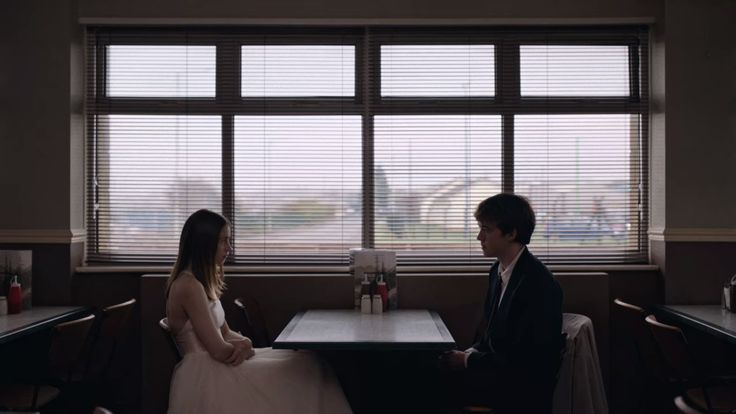
Try not to shut down these feelings. Even though they initially feel hard to sit with, once you get started, it becomes easier to be with, and the more you are with them, the shorter time it takes to work through them. Remember to be gentle with yourself while doing this.
At this stage you might talk yourself into thinking that the relationship separation is only temporary and that down the track you will get back together again. But this too can be a trap, as it keeps you stuck in playing the waiting game and not fully grieving the loss.
So, unless you have both explicitly talked about the possibility of reconciliation, it is far safer to proceed with your emotional letting go process.
Stage 2 – Great emotion, review and relinquishment
Devastation
Once the shock wears off, you are usually left with the big emotions of grief and devastation. If it has ended because your partner has been unfaithful or lied or abused you in some way, it is even more devastating for you. You may feel worse than you have ever felt before in your life.
You may feel worse than you have ever felt before in your life.
The pain of heartbreak can come in unpredictable spasms and can feel surreal while you are experiencing it, as you disconnect from everyone else and find even the smallest of tasks difficult.
The intensity of your emotions may feel scary, but this is the normal process of grieving a great loss.
There may be really difficult periods here, but thankfully your grief won’t last forever.
Rumination
It is normal for you to ruminate endlessly about your relationship and your ex-partner at this stage and this is actually healthy for your healing. Your mind can switch to overdrive, randomly remembering both the good and the bad times and trying to make sense of it.
Disorganised and confused
You may feel disorganised and confused which is also very normal, and may be unable to sleep, or alternatively sleep too much, and you may also lose your appetite. You may feel mentally scattered and overwhelmed.
At this stage give yourself permission to fall apart. If your memory is suffering, don’t give yourself a hard time about it. Be gentle with yourself. You are grieving and it’s time to be kind to yourself.
Anger and rage
You may also start to feel anger and even rage, and this is very appropriate for you to feel, as something has been taken away from you. It’s very important to know how to handle your anger though.
Suppressing it is not healthy. I am sure you will know people who are almost always in a bad mood, or irritated all the time. This is what happens to those who try to suppress their genuine anger in their life.
Neither is acting out and lashing out a healthy option.
The best way to handle your angry feelings is to express them in ways that get it out, but don’t harm others, like writing in your journal, sharing with a friend or Psychologist (link), thrashing into a pillow, or having a “conscious rant” where you spend a few minutes in private yelling your anger out.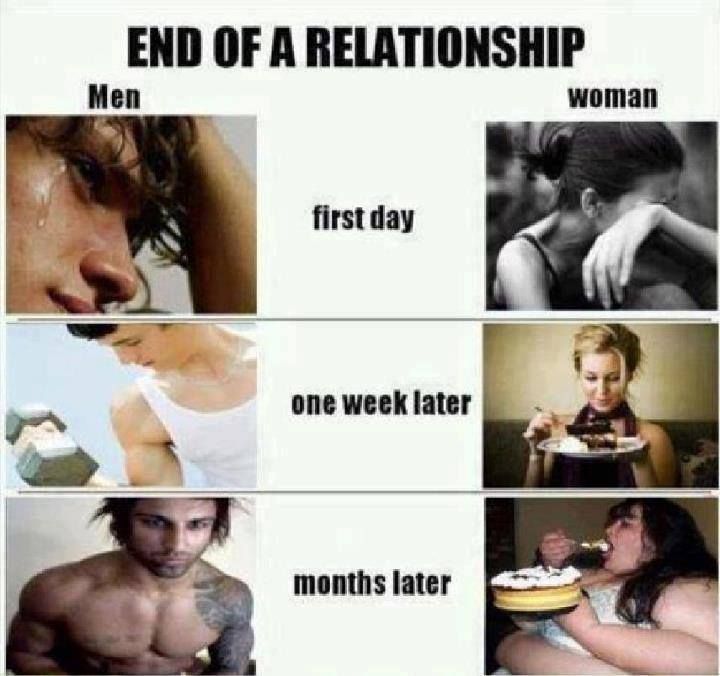
Guilt
Guilt is also a normal part of the grieving process. No matter how well you might have behaved in your relationship, none of us are perfect and there will be things you remember that you think you might have been able to do better. Be careful though to accept what has been done. We can’t go back and change the past.
However, if you are realising that there are things you could have done better, perhaps you could apologise to your ex-partner, which usually helps the healing process for both of you.
Anxiety
Often the feeling of being in a void now that many of your normal supports and structures have disappeared or changed can have you feeling anxious about what may become of you. Where is my safe place? How will I get through this? What will I do next?
You can help manage your anxiety by some self- soothing activities, like creating a sanctuary in your bedroom or lounge using candle light and relaxing music to help settle you, and continue allowing you to feel your feelings, and try and keep open to what new things may now be available to you that you never contemplated before.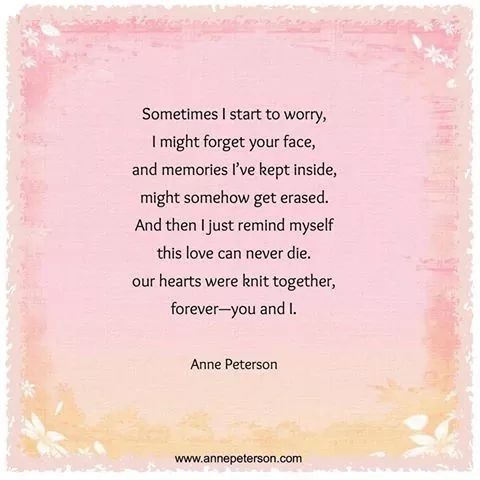
It is very true that when one door closes, another one opens. You may not be able to see any other doors just yet, but be aware that being in a void does allow you many options for the future.
Ambivalence
It is very normal to have a mixture of any feelings, or even none, at any one time. Don’t worry about going crazy if your feelings are all over the place. Just be kind to yourself and be in allowance of what is there, or is not there for you at any particular time.
Pining and searching
Because when we lose something, our mind automatically goes looking for it, you can find yourself pining and searching for your lost love, and you can find that you often want them back when you are feeling the weakest. This is extremely uncomfortable when you are going through it, with often strong urges to contact your former partner.
While the urge is very natural for you to have, it is definitely not a good idea to contact them when this urge comes over you.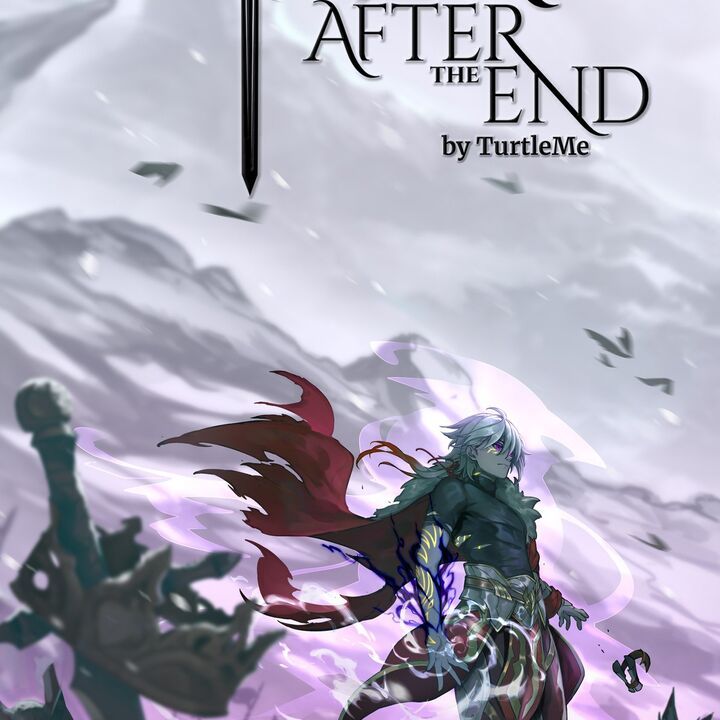 This is a low point in your grieving process and you don’t want to be showing yourself at your weakest point, as there will be no good that comes from contact at this time. Instead try writing in your journal, perhaps even write a letter to your ex, but don’t send it, call a friend or talk to your Psychologist.
This is a low point in your grieving process and you don’t want to be showing yourself at your weakest point, as there will be no good that comes from contact at this time. Instead try writing in your journal, perhaps even write a letter to your ex, but don’t send it, call a friend or talk to your Psychologist.
Generally
Emotionally, you will have good days and bad days. Some days you won’t feel like getting out of bed, and others you might be strangely detached from everyone. You may start to feel better, then find something will trigger you into another bout of sadness and/or anger.
Be positive
Try as much a humanly possible to find something positive at the end of every day, even if it is reminding yourself that you are one day closer to being healed. So remember to write a positive note in your journal or share something positive with someone you love.
If you are getting depressed
All of the above emotions are a very natural part of the grieving and healing process, and can feel severe and debilitating for days.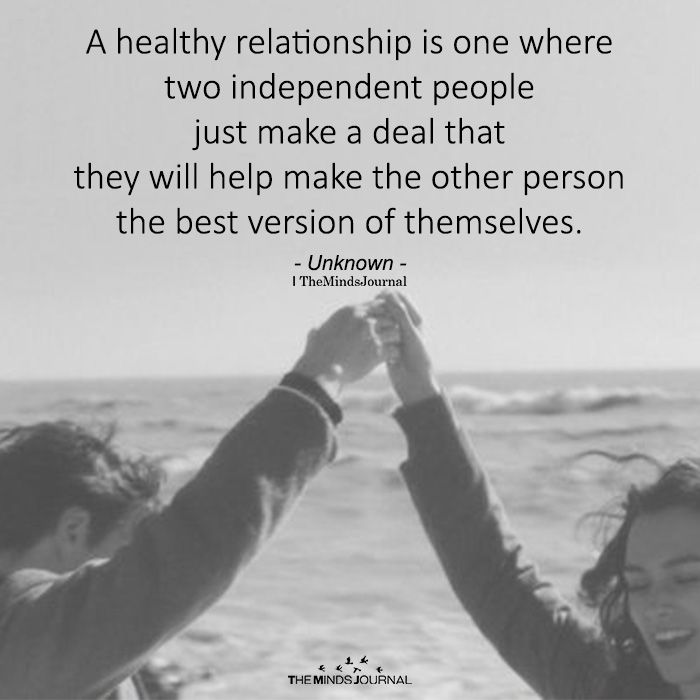
However, if you start feeling intense despair, no hope at all, or suicidal thoughts then you may be entering the area of depression and should visit a Psychologist for help.
If you are doing your grief work you may need to take a couple of mental health days off work for yourself, but if you are having trouble functioning for weeks, then you need to reach out to a Psychologist.
If you have suffered more than this loss, and haven’t had the opportunity to do the grieving work before, this may create a proneness to depression.
Everyone going through a break-up can benefit from seeing a Psychologist, but if you have plunged into a deep depression, or are having suicidal thoughts, then get help immediately. It is okay to ask for help, especially when you are in emotional pain.
Stage 3 – Acceptance, integration and reorganisation
Acceptance
Once you have lived through the painful feelings, you will then feel a glimpse of acceptance and this is a turning point in your healing process.
You will not really be happy yet, but will understand what has happened and accept that things cannot be changed, and will have the beginning of some peace about it.
While you still might cycle through the difficult feelings again, even a few times, they are becoming less and less, and you are feeling more at peace with where you are at now.
Integration
Having thoroughly reviewed all of your relationship, and both yours and your partner’s contributions, you are also starting gain a deeper understanding about what really happened and are integrating this new understanding into your life story.
Reorganisation
In this final phase, you will experience a profound reorganisation of your life based on your learnings about your loss and your experiences. You will most likely have developed new values and perspectives on life, and you will naturally be beginning to think of new horizons that you may never have thought about before.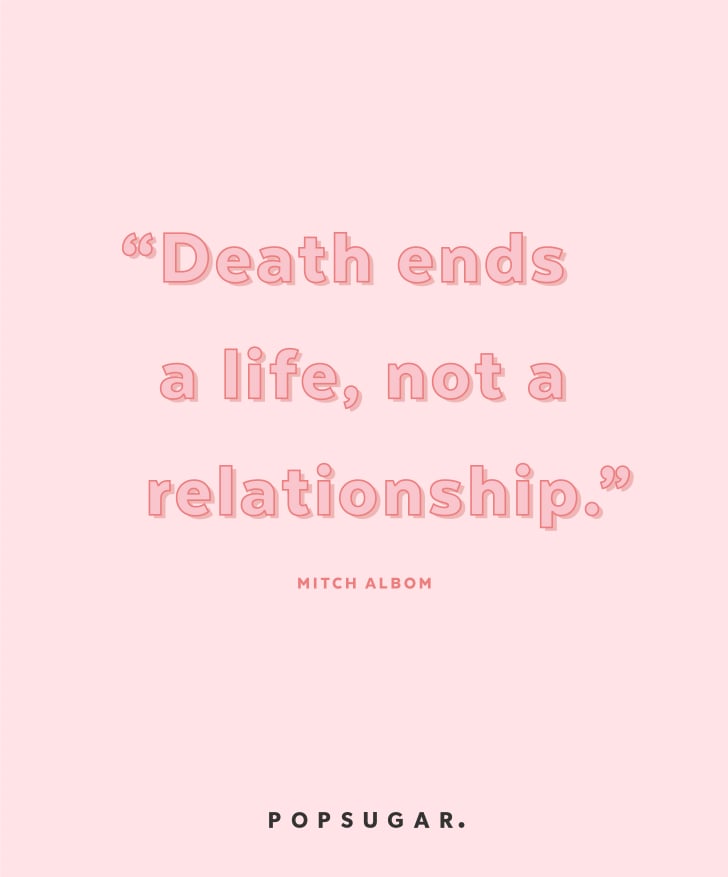
This is the stage of major positive changes. Many people start to get fit, take up a new hobby, change jobs, start a new work direction or have a variety of other new goals.
Often you will begin to feel a new sense of courage and strength, so give yourself permission to live life and love fully with an open heart again.
And you will be feeling more at peace again too.
A new era in your life is beginning that will take you to realms and arenas you couldn’t have dreamed about before you started this process, and you will start to feel deep gratitude for the journey you have been on. It has all been worth it.
(Adapted by Julie Hart from Susan Elliott’s “Getting past your breakup”)
OUR MAJOR MARRIAGE COUNSELLING LOCATIONS:
See all of our Relationship Counselling Melbourne locations.
See all of our Relationship Counselling Brisbane locations.
See all of our Relationship Counselling Perth locations.
See all of our Relationship Counselling Adelaide locations.
See all of our Relationship Counselling Canberra locations.
See all of our Relationship Counselling Sydney locations.
How to mourn a breakup so that you can truly move on
One Small Thing
How much time is enough time to recover from a breakup and what should you be doing during it to heal? Mental health experts share their advice.
Experts suggest that you spend time “introverting” and using time alone to be creative and rediscover the hobbies that you may have let fall by the wayside while in a relationship.hobo_018 / Getty ImagesBy Nicole Spector
Before I met my now husband, I went through a fair amount of breakups. Occasionally, I reflect on these ill-fated relationships of mine.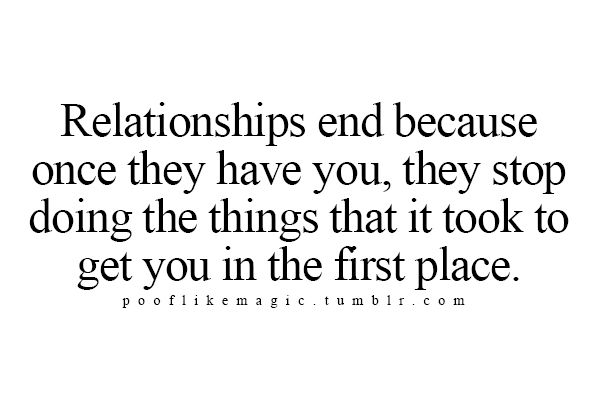 I line them up in my imagination like seashells, studiously inspecting the cracks and holes in even the smallest husks as I ask myself, “What went wrong there? Why did this once living, breathing relationship die?”
I line them up in my imagination like seashells, studiously inspecting the cracks and holes in even the smallest husks as I ask myself, “What went wrong there? Why did this once living, breathing relationship die?”
These are the questions I probably should have been asking myself in the wake of each breakup, but that wasn’t quite possible, because as soon as one relationship ended I’d wait approximately one menstrual cycle before throwing myself into the next ultra serious romance. I was a textbook serial monogamist who simply refused to be single for long. In retrospect I have no doubt that I moved too fast and that I would have saved myself (and even some of those men I dated) some anguish by taking the adequate time to heal after each failed romance.
But how much time is enough time to recover from a breakup and what should you be doing during it? Can casual hookups be helpful, or should you abstain from amorous activity altogether for a while? How can you know that you’re ready to date again?
We consulted a number of therapists to learn what they recommend for newly single people who perhaps aren’t so thrilled about being single.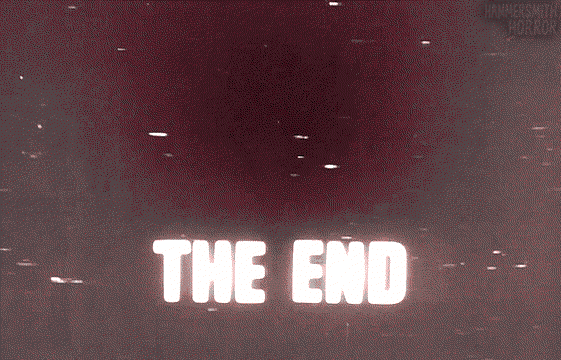
It’s important to take time to detox and unpack your baggage
The main reason we need time after a breakup is so that we can reflect, recharge and as Kiaundra Jackson, LMFT, puts it, detox.
“My rule of thumb after someone has a breakup is to have a period of detox,” says Jackson. “This is where you take time for yourself. You do not date. You do not have flings. You do not do anything that would be contradictory to your healing process.”
The goal of this healing process is to “unpack and deal with any baggage from your previous relationship(s) before entering into another,” Jackson explains. “If you don't address those things head on, you will be bringing the same baggage, issues and drama into your [next] relationship. This is where people have a hard time understanding why the same issues keep occurring.”
Grief plays by its own rules and timelines
In addition to taking the time to detox and unpack our baggage lest we bring them into the next relationship, we also need to take time to mourn.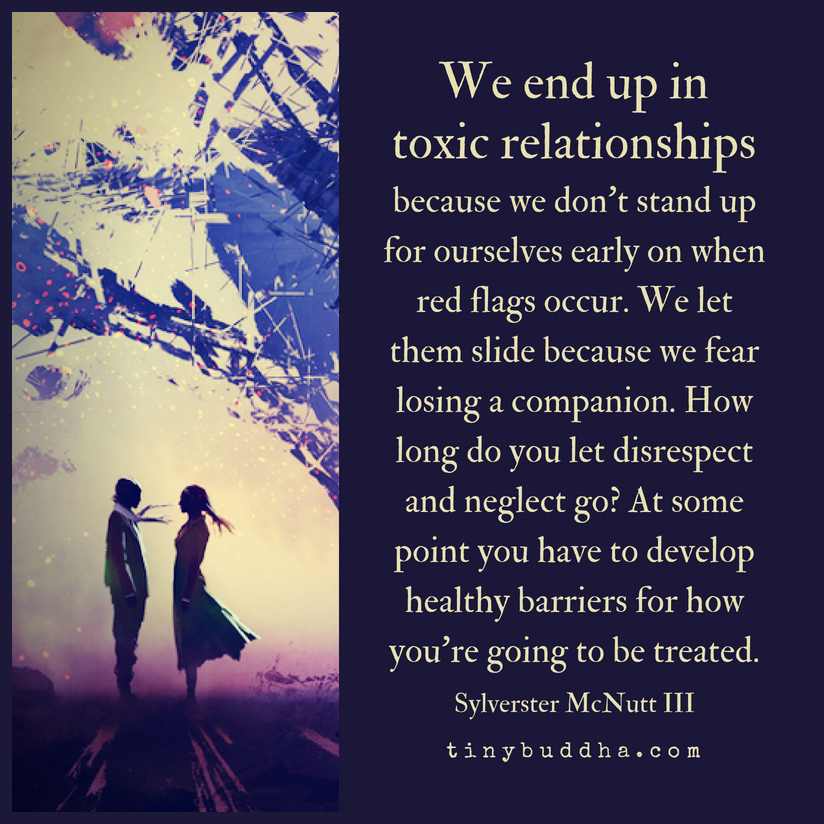
“The process of dealing with a breakup is comparable to grief,” says Dr. Tricia Wolanin, Psy.D., a clinical psychologist. “It's the death of a relationship, hopes and dreams for the future. The person we are losing was [a big part of] our world and therefore has taken up so much of our mental and heart space.”
Jackie Krol, LCSW, notes that every person grieves and heals at their own pace, while Elena Jackson, LPC, finds that how we respond to “failure, rejection and abandonment” also plays a role in the mourning process.
Because grief is so subjective and the issues we leave a relationship with are so varied, it’s impossible to slap a definitive timetable on how long it will take before we’re over a breakup.
“There are some schools of thought out there that say you should be single twice as long as you were in a relationship. Or at least the same amount of time," says Kisha Walwyn-Duquesnay, LPC-S. "But there really is no magic number. You should take as much time as you need to heal, and that’s different for everyone. ”
”
Other factors, like how long you were together and at what stage you were in your life may also play a role in your healing timeline.
“For example, a one year, long-distance relationship for a 21-year-old, may not need as much recovery time as six year, cohabiting relationship for a 34-year-old,” says Walwyn-Duquesnay.
Casual hookups can be more trouble than they’re worth
How much time you need will depend, but know that you will need time, and that even an ostensibly carefree hookup should be off the table for a bit.
“I advise against casual hookups because they just blur emotions,” says Ibinye Osibodu-Onyali, LMFT. “[They’re] a distraction from the pain of a breakup.”
Dr. Dani Moye, Ph.D., adds that casual hookups can bring their own “emotional disruption,” stating, “It’s all about preserving yourself, energy, and sense of well-being so that you can enter the next relationship with clear focus and intentionality.”
Hopping on to Bumble for some easy fun sounds harmless, but you could end up getting stung, and then you’ve got to deal with that pain on top of the turmoil from the breakup.
Time, by itself, doesn’t heal much. Making the effort to understand what went wrong in the relationship is what heals.
Lesli Doares, LMFT
Use these exercises to help recover from a split
“Time, by itself, doesn’t heal much,” says Lesli Doares, LMFT. “Making the effort to understand what went wrong in the relationship is what heals. This means looking at yourself as much as at your partner. Understanding your part in the patterns is what is going to make you more successful next time. Taking this time will help you get clearer on your expectations (were they realistic or not), what worked in the relationship and what didn’t, what you learned about yourself, etc.”
Here are some specific exercises you can do to help recover from the split and reorient yourself as an single person.
Spend time ‘introverting’
E. Jackson recommends “introverting”, which she defines as “using time alone to be creative, reflect and rejuvenate. When we are introverting, we are using our down time for our passions, entertainment and to rediscover the things and hobbies that we may have overlooked in a relationship. ”
”
Do what you want to do without bending to accommodate someone else
Relationships require compromises and if you’ve been in one for a while, you may have forgotten what it’s like to do things your way. Kara Laricks, a LGBQT+ matchmaker and date coach, encourages newly single people to reconnect with their personal preferences and habits. “Revisit the time of day you like to get up and go to sleep, eat when and where you feel like it, watch the shows you want to watch on Netflix and take your time doing the things you enjoy whether that is roaming around Target or taking yourself out to an exhibit opening,” says Laricks.
Let the sadness and anger rise and share it with your support system
“We have to allow the sadness to arise, to let the tears come,” says Dr. Wolanin. “Share this with your support system. Allow yourself to cry and get it out. There may be moments of anger: take time to yell, dance it out, paint, journal, run, create a fiery playlist [and just] do whatever you need to do to release this. Opt for therapy if needed.”
Opt for therapy if needed.”
Do things that make you feel good about yourself
A breakup can take a toll on our self-esteem, so spend this alone time doing things that make you feel good about yourself. “If you love yourself and enjoy your own company, then you can pick from a higher quality pool of potential partners,” says Beth Sonnenberg, LCSW. “Conversely, people who don’t have good self-esteem and don’t think they deserve better often wind up in abusive or unhealthy relationships.”
Connect with the things that made you so easy to fall in love with
“I think sometimes couples fall into a routine of sleepovers, brunches, movies, dinners, gym [and so on], and while all these activities are a normal part of building a life with someone, you kind of lose yourself in the relationship,” says Kat Haselkorn, a matchmaker and relationship expert. “Spend enough time by yourself to figure out what makes you special so someone else has a reason to fall in love with you all over again.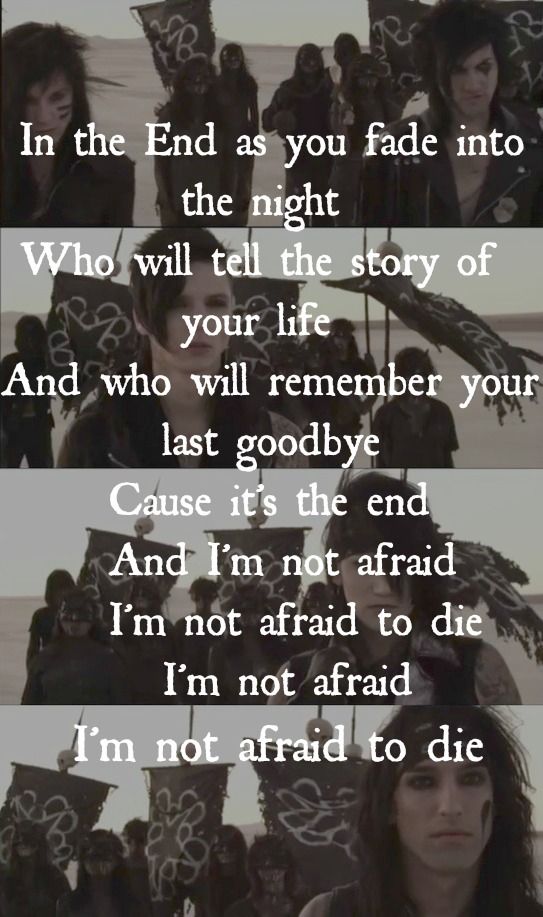 ”
”
Notice your emotional reactivity when thinking of your ex
“Process through the stages of grief and [aim for] more moments of acceptance than moments of pain when you think about the relationship that has ended,” says Dea Dean, LPC. “Denial, bargaining, anger, depression and acceptance don’t occur in order and don’t last for a set amount of time. Someone could move in and out of different stages in a matter or minutes, days or months. The best rule of thumb is to notice your emotional ‘reactivity’ when you think about your ex, and if you’re clear enough to acknowledge the good and the bad about the relationship and simultaneously acknowledge your worth of a new relationship, you’re likely ready to move on.”
Don’t feel heaviness over your ex? You might be ready to date again
This even-tempered clarity when it comes to thinking about your ex, is, as Dean notes, one good way to know you’re ready to date again.
Dr. Wolanin says that you can also tell you’re ready for a new relationship when “the heaviness” of your last one isn't there anymore, and “you have more mental space to think of other things outside of this one person.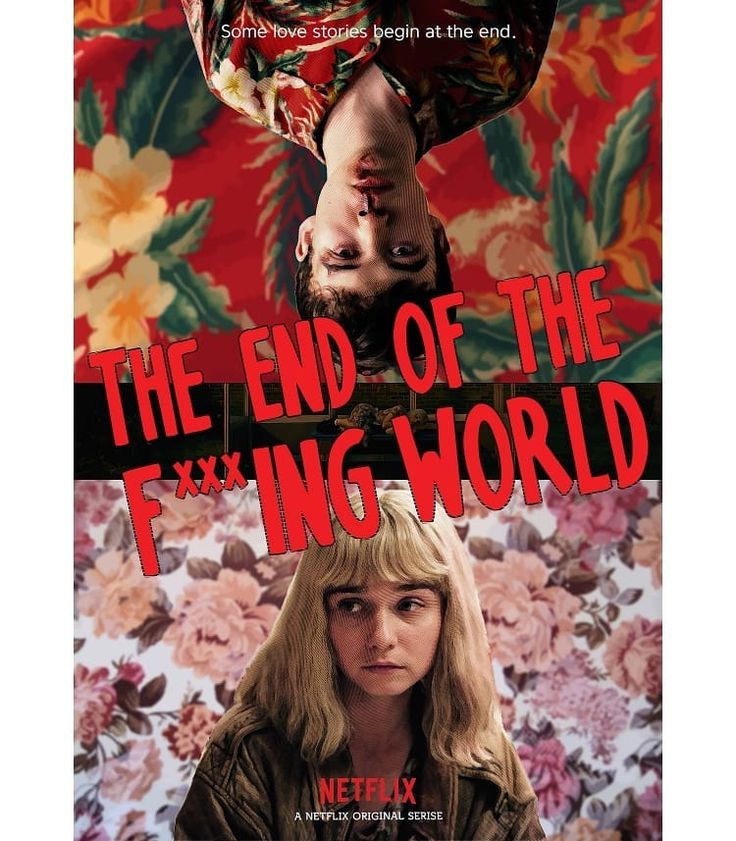 [You can] create new memories, develop new hobbies and focus on you. This is when you can begin to know you are healed, and can begin dating again in a healthy way.”
[You can] create new memories, develop new hobbies and focus on you. This is when you can begin to know you are healed, and can begin dating again in a healthy way.”
MORE RELATIONSHIP ADVICE
- How to improve your sex life: 4 tips for couples
- How one couple saved their marriage by asking this simple question
- Financial infidelity: Why we lie about money and how to solve the problem
- How thoughtful communication can improve your marriage, according to a divorce attorney
- How to use these common relationship conflicts to strengthen your bond
Want more tips like these? NBC News BETTER is obsessed with finding easier, healthier and smarter ways to live. Sign up for our newsletter and follow us on Facebook, Twitter and Instagram
How to get over the end of a relationship that never happened
30,508
Man and woman
Society likes certainty whether you are together or not. But a broken heart doesn't care how long you've been together.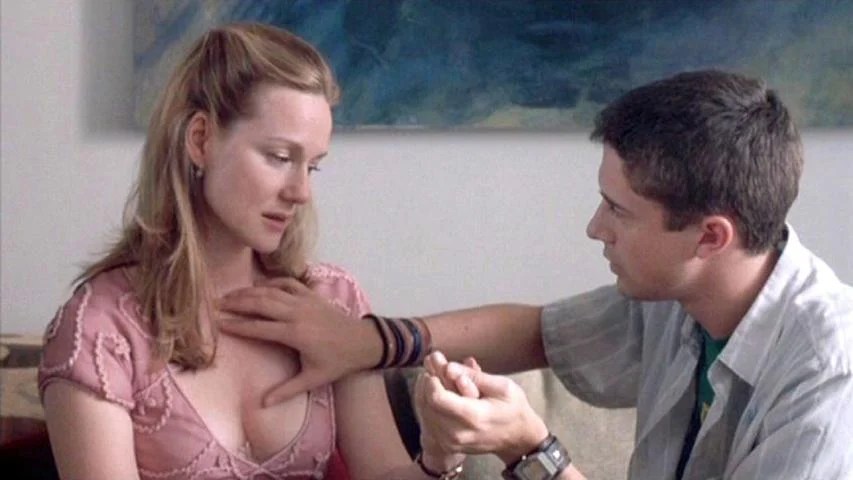 Let him not be your man, the pain is only stronger. Sometimes we become attached to people who are not ready to reciprocate and give what we need. However, we do not lose hope and continue to believe: someday everything will work out.
Let him not be your man, the pain is only stronger. Sometimes we become attached to people who are not ready to reciprocate and give what we need. However, we do not lose hope and continue to believe: someday everything will work out.
And then reality overwhelms us, realization comes - it's all over. So much effort was invested in a fictional relationship, but they reached a dead end. You are in pain, but others think that everything is in order. But you truly loved him and now you are suffering. You don't need a label or status to justify your feelings. Don't be ashamed to experience. Don't let others make you feel this way. Sometimes we become more attached to those with whom we failed to build relationships than to those with whom we were together. nine0003
It's not like he left you, but what you're feeling right now is like this pain. Do not sleep at night and often cry, wake up broken and the first thing you look at the phone, which used to wake you up with messages. You miss him and the hope "One day we'll be together.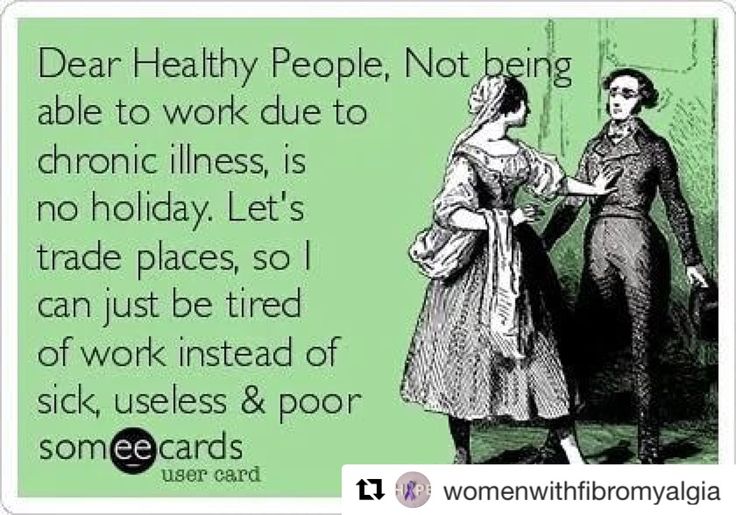 "
"
You see him and remember that you cannot be together. Lose sleep because of a man who sleeps with another
You are suffering, but you cannot show your feelings. We are sure: you can not lose self-control and give vent to feelings. Otherwise, others will remind you that the reaction is unreasonable: "You were not together." But this is not true. You don't have to date a man to love him to hurt him. The main thing is that you opened your heart to him. nine0003
You are trying to move on. He has no idea how hard it is for you, how much emotional strength you put into him. You reply to messages, try to control yourself and be strong, pretend to accept the conditions to be nice and friendly, but every contact destroys you. You see him and remember that you can't be together.
You lose sleep because of a man who sleeps with another woman. You play scenes from the past and think: “What did I do wrong?” The pain is tearing to pieces, but you can't talk about it.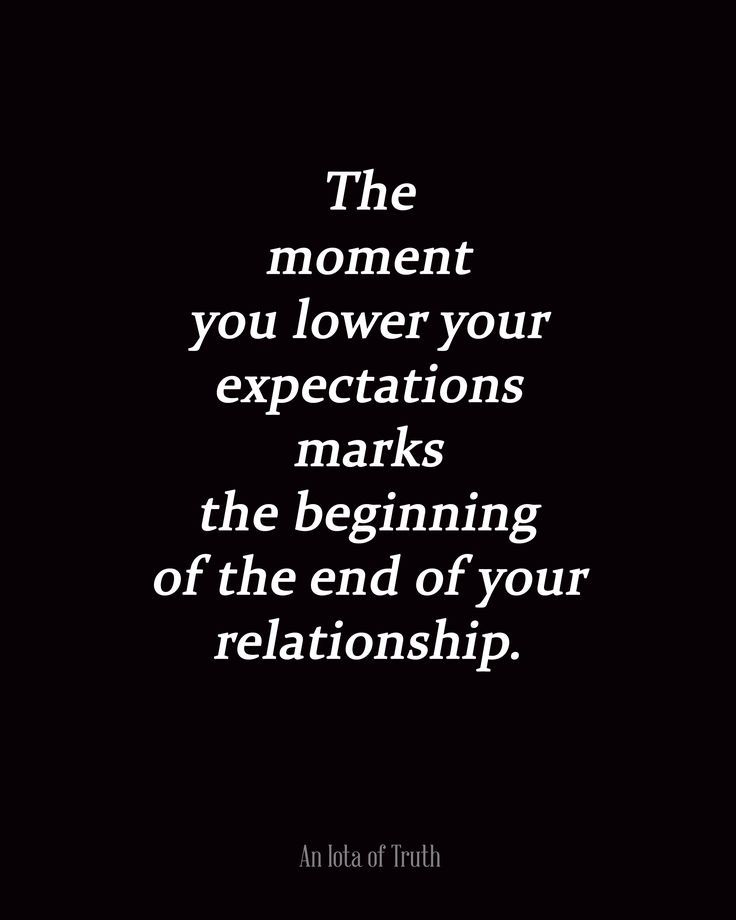 nine0003
nine0003
You are silent because it is foolish to mourn the end of something that had no beginning
Your pain is real, it needs time to subside. It is not normal to try to be strong and continue to communicate with him. Perhaps he notices that you are moving away, asks what is the reason. I want to scream: “Yes, it hurts me. I'm broken, you crushed me." But you are silent, because it is foolish to mourn the end of what had no beginning.
But don't take all the responsibility. After all, he allowed you to believe that there could be something between you. If he was honest from the very beginning, you would not have gone headlong into love. Perhaps he added fuel to the fire or you were in an uncommitted relationship. Maybe he said what you wanted to hear, because your attention pleased his pride. He let you fall in love when he didn't mean to be with you. Don't feel guilty. nine0003
Weep as bitterly as you like, worry deeply.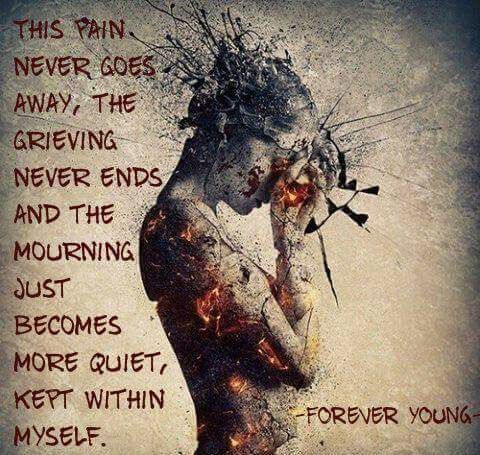 Leave without explanation. You don't deserve this pain, and he doesn't deserve you. When you heal your wounds and dry your tears, don't let them hurt you again.
Leave without explanation. You don't deserve this pain, and he doesn't deserve you. When you heal your wounds and dry your tears, don't let them hurt you again.
About the Author
Kirsten Corley is a journalist and author of But Before You Leave.
Text: Zhanna Omelyanenko Photo Source: Getty Images
New on the site
“Mother behaves like a teenager: she has been unemployed for two years and plays on her phone”
"How can I make friends if I'm not a party person?"
10 ways to refresh your feelings in a couple
How to accept your imperfection: 7 basic rules
"New Year - new me": why and how to change your habits?
“Refugees from Mariupol left a dog in our yard, but we couldn’t save it”
Let yourself go: how to take life into your own hands
Why there is no relationship: 6 main reasons - how to change the situation
Expect more from yourself | PSYCHOLOGIES
As a child, I could not stand old people at all: strangers of about seventy simply frightened me . .. I now found the same rejection in my sons. Like me once, they ingenuously believe that neither old age nor illness can happen to them. However, this childish callousness did not last long for me. The phrase “I walked through life thinking little about death until I stumbled over the graves of my loved ones,” read at the age of twelve by Fazil Iskander * soon resonated sharply in me (grandmother died) and quickly lowered me to the ground. At twenty, the following metamorphosis happened to me: it became interesting for me to listen and look closely at those who are older than me. And not only because it will not be possible to avoid growing up (and then aging) anyway, and it would be nice to know what awaits me. In fact, it is much more fun to change along with those who go ahead and pass “frightening” age lines earlier. However, I can’t say that now, at forty, I already feel the heavy breath of time ... Even at 19In the 1980s, the heroes of the film “Moscow Does Not Believe in Tears” thought that life was just beginning at forty.
.. I now found the same rejection in my sons. Like me once, they ingenuously believe that neither old age nor illness can happen to them. However, this childish callousness did not last long for me. The phrase “I walked through life thinking little about death until I stumbled over the graves of my loved ones,” read at the age of twelve by Fazil Iskander * soon resonated sharply in me (grandmother died) and quickly lowered me to the ground. At twenty, the following metamorphosis happened to me: it became interesting for me to listen and look closely at those who are older than me. And not only because it will not be possible to avoid growing up (and then aging) anyway, and it would be nice to know what awaits me. In fact, it is much more fun to change along with those who go ahead and pass “frightening” age lines earlier. However, I can’t say that now, at forty, I already feel the heavy breath of time ... Even at 19In the 1980s, the heroes of the film “Moscow Does Not Believe in Tears” thought that life was just beginning at forty. Today even more so!
Today even more so!
Many of my peers are just emerging from their youth, creating families, having children. It never occurs to my girlfriends to write themselves down as matrons, give up torn jeans, gadgets, sneakers, headphones and move towards dresses of non-marking colors, formal suits, a string of pearls around their necks and something else corresponding to the notion of maturity. The pace of life has to slow down a little, but that's all! Nevertheless, the future still scares me a little. Most of all, I am afraid of losing love, activity, close relationships over the years. Children will grow up, old friends will disperse, new ones will not appear, you will have to forget about sex, you will no longer be able to play several games, matches or halves in a row. Is it really? And what can I do so that the fear of losing something important in the future does not prevent me from living and breathing right now? nine0003
The right attitude
Our experts name four behavioral strategies that should be followed if we want to meet the “third age” with dignity.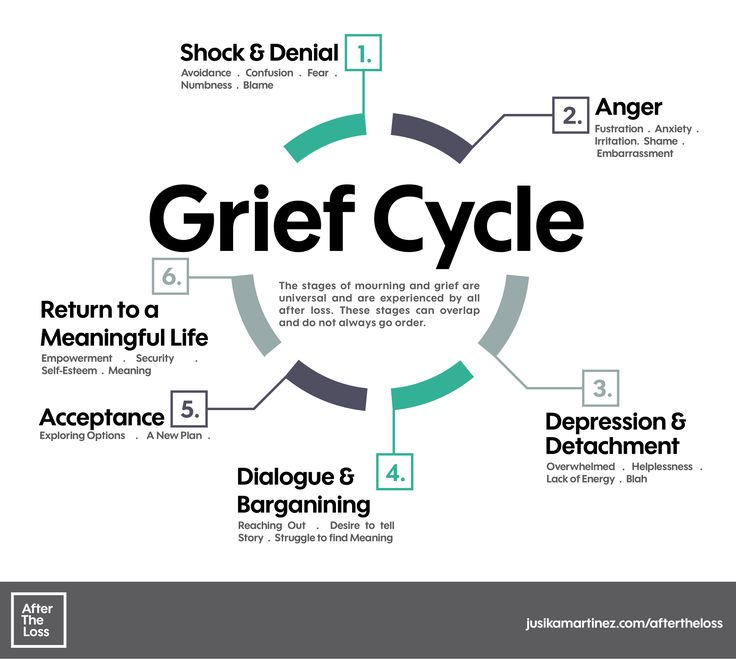
First of all, deal with stereotypes. Resist traditional attitudes imposed by society and our environment. An active life today can last much longer than before. And the quality of this life depends on us.
“I was 57 years old when I started driving,” explains Gestalt therapist Nifont Dolgopolov. - I can’t say that it was somehow especially difficult, rather, I struggled with sidelong glances: “Isn’t it too late?”; "At that age!" In fact, at any age you can do what you want. The main thing is to understand if we have the resources for this, and not to look ridiculous.” This is about sneakers and a miniskirt. Still, one day (not now) they will have to part ...
The second aspect: to understand how we ourselves relate to our own future, which will come, for example, after sixty: as to life or as to survival. “What can we expect now” and “How I want to have time for this as well” are different pictures of life in general, not just old age, says psychotherapist Ekaterina Mikhailova. - The transition from one age to another, of course, is associated with losses. But a new quality of oneself must necessarily arise, perhaps not immediately. Do we consider ourselves entitled not to disappear, but to appear in a different way - that is the question. nine0003
- The transition from one age to another, of course, is associated with losses. But a new quality of oneself must necessarily arise, perhaps not immediately. Do we consider ourselves entitled not to disappear, but to appear in a different way - that is the question. nine0003
The third point: determine what we are ready to do now if we expect to run a long distance. Whether we care about health, whether we try to maintain mobility, whether we go in for sports. Whatever one may say, this is important. You can be sad about lost forever volleyball (football, ice skating), or you can find time for them, philosophically noting that serves or jumps in two turns are no longer as easy as before.
The fourth strategy is just about this - learn to accept your opportunities as they are. Nifont Dolgopolov tells the story of psychologist Arnold Beisser, for whom old age due to illness came at ... 25 years old. Noon lived another 40 years, ran a clinic, married a beauty, wrote books, and led an energetic life. “And only due to the fact that he did not invent himself, but lived as he is, not trying to get up and fly,” explains Nifont Dolgopolov. – One of his books is called “Life Without Wings”. nine0003
“And only due to the fact that he did not invent himself, but lived as he is, not trying to get up and fly,” explains Nifont Dolgopolov. – One of his books is called “Life Without Wings”. nine0003
How to turn back time?
“We did a study with nursing home patients,” writes social psychologist Ellen Langer. One group was encouraged to make their own decisions. For example, they were offered to choose where they would receive visitors, whether they would watch films, which ones and when. Each was given a houseplant and they had to decide where to put it and how often to water it. Our goal was to raise the awareness of the participants, help them to interact with the world and live more fully. The second group received no such instructions; they were told the staff would take care of everything. After a year and a half, we found that the participants from the first group were more cheerful, active and quick-witted than from the second ... As the years go by, I less and less believe that biology is a sentence.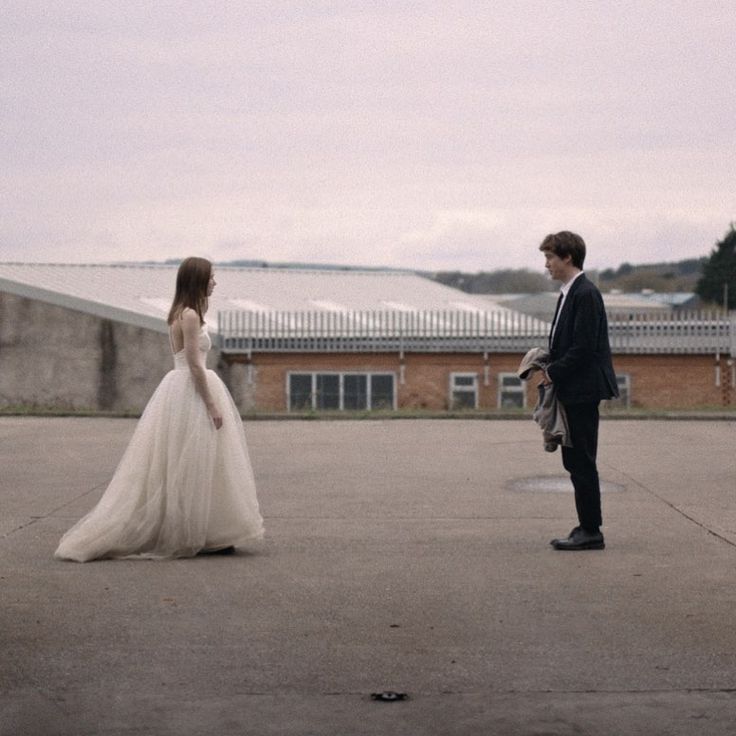 We are limited not so much by the physical body as by the ideas about our physical capabilities. nine0003
We are limited not so much by the physical body as by the ideas about our physical capabilities. nine0003
From Counterclockwise (Ballantine Books, 2009)
Will I stop being loved?
“They won't need me anymore” – that's what we mean when we say that we're afraid to lose love and attention of relatives with age. We are afraid to think that they will simply endure us, do their duty, being present nearby or talking on the phone from time to time, trying to reduce the time of communication and the number of visits. “At any age, we are afraid of losing love and friendships, but loneliness is most often associated with old age,” says family psychologist Inna Shifanova. - This picture makes many endure a painful marriage or seek an alliance on the principle of "two loneliness". nine0003
There is no age at which love, affection, friendship would be impossible, our experts are sure. In adulthood, as in youth, sincere, deep, as well as intimate connections require courage, openness and a willingness to allow yourself (and yourself) to be loved.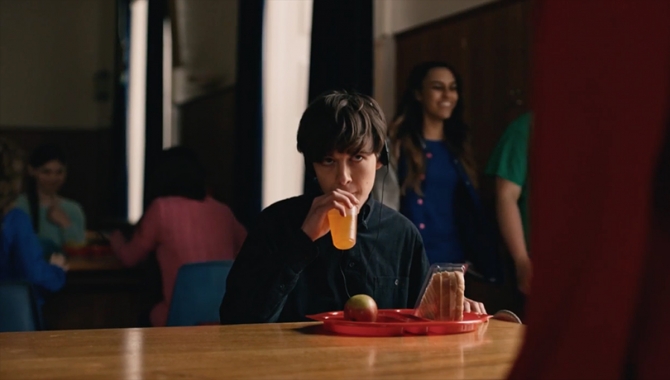 “More than once I have advised men and women over 65 years of age who have experienced the loss of a partner,” says Inna Shifanova. “And then there came a moment when they came for “permission” for a new love.” When a man and a woman have been living together for a long time, they should not be afraid that their partner will “get bored” with age. On the contrary, “rivalry disappears over the years, roles have long been distributed, partners need each other more,” says the family psychologist. “Older couples tend to trust each other more and are touchingly protective of their union.” And an active and diverse life at the third age, impressions from new meetings, far and near travels, even ordinary walks can give a couple special happy moments. nine0003
“More than once I have advised men and women over 65 years of age who have experienced the loss of a partner,” says Inna Shifanova. “And then there came a moment when they came for “permission” for a new love.” When a man and a woman have been living together for a long time, they should not be afraid that their partner will “get bored” with age. On the contrary, “rivalry disappears over the years, roles have long been distributed, partners need each other more,” says the family psychologist. “Older couples tend to trust each other more and are touchingly protective of their union.” And an active and diverse life at the third age, impressions from new meetings, far and near travels, even ordinary walks can give a couple special happy moments. nine0003
Catherine Gongini 67 years old. She worked all her life as a pharmacist in the Faroe Islands. After her sixties, when her husband left her, she decided to start her own business and opened a clothing store. And then she went to Barcelona to study at the School of Contemporary Art.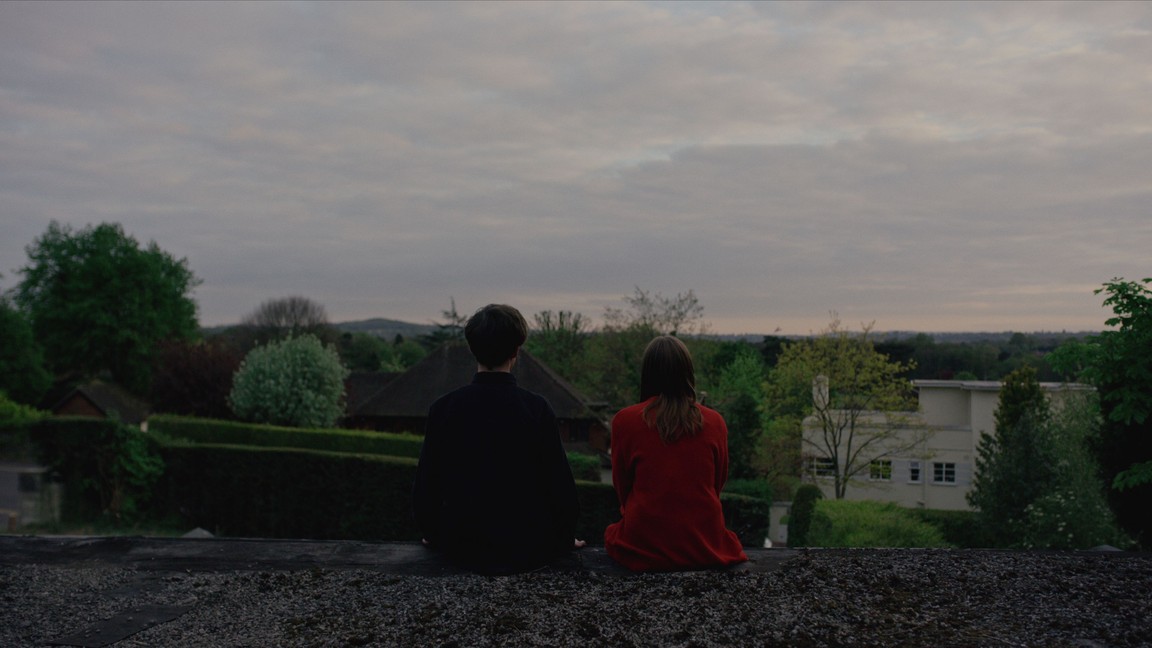 Photo and story from Vladimir Yakovlev's project "The Age of Happiness"
Photo and story from Vladimir Yakovlev's project "The Age of Happiness"
With sex forever
We can't imagine intimacy with a partner without sexuality. But is there sex, say, after 70? The good news is there is. 40% of men aged 75 to 79 reported being sexually active in the last yearyears, 27% - at the age of 80-84, 19% - from 85 to 89, 11% - from 90 to 95 years**. Problems in sexual life in men and women over 57 years old are not an inevitable consequence of age - the authors of the study of sexuality of the "third age" are sure. Most often, this is a reaction to stress in various areas of everyday life, to psychological problems or dissatisfaction with partnerships ***. “Many women over fifty say that they no longer feel attractive, desirable, beautiful, as they were in their youth, - comments Nifont Dolgopolov. – But such an attitude towards oneself arises under the influence of stereotypes: men are afraid of losing their potency, and women are afraid of losing their beauty and sexuality.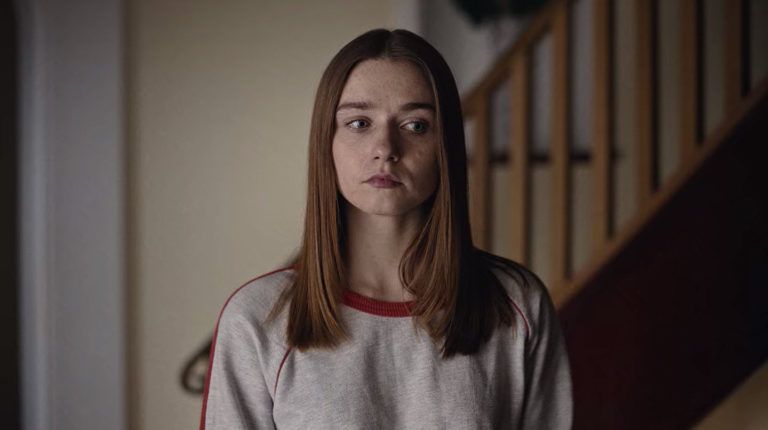 A vicious circle arises: after all, the attractiveness of a woman depends on how she feels herself, how she treats herself. nine0003
A vicious circle arises: after all, the attractiveness of a woman depends on how she feels herself, how she treats herself. nine0003
It is also important how far women themselves are ready to go in new relationships. And whether they allow themselves to love again. “People of age have a need for intimacy, but it was not customary to talk about it,” recalls Inna Shifanova. - Many simply rejected these opportunities for themselves, ignoring their desires, which are by no means becoming less. Fortunately, sexuality at an older age, not related to procreation, is no longer considered something shameful. Recently, my friend got married for the first time - at the age of 56, and met her future husband on the Internet. Social networks have connected many couples, they also help to find old and new friends, communicate, create interest groups.” nine0003
Virtual communications
By the way, you can learn how to use modern means of communication and obtaining information at any age.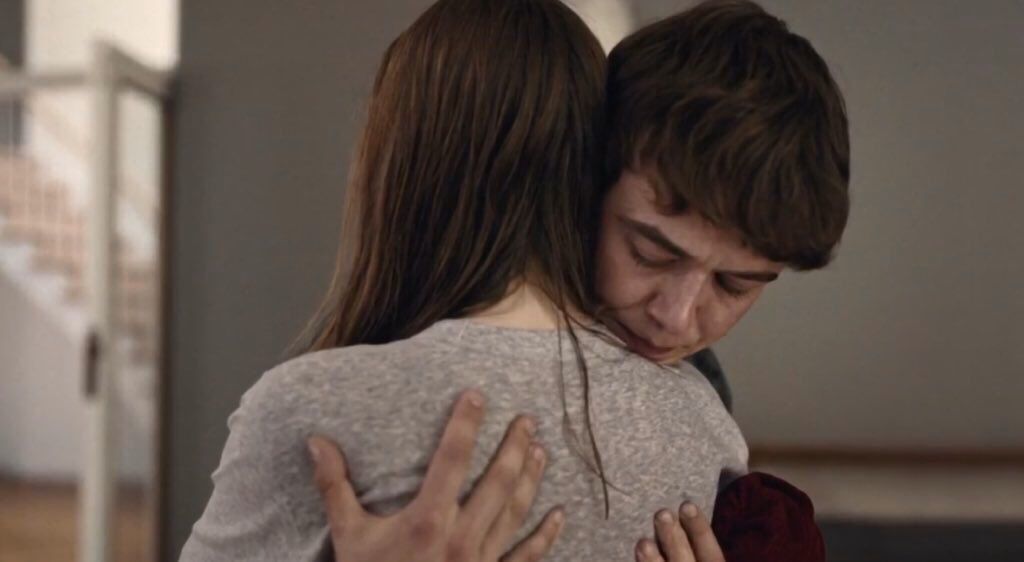 My relative Irma became interested in computer technology in her late 70s - her granddaughter and great-grandson went to live abroad, and communication with them became possible only via Skype. Needless to say, it was the great-grandson who taught the grandmother how to use the program. By the way, a request to help sort out the Internet or register on a social network may well be an occasion to get a little closer to the modern generation. And one more piece of advice from the now 85-year-old Irma: “When you turn 50, make sure that there are girlfriends and friends nearby, pull everyone up, organize, make new acquaintances, because this is what you will then stay with.” This wise and simple thought is continued by Nifont Dolgopolov: “As you age, you should be more careful about your physical shell, social and professional connections, and, of course, your inner circle. Maintain our own habitat, try not to lose those who we already have ... It is around these people that our communication will be built in the future.
My relative Irma became interested in computer technology in her late 70s - her granddaughter and great-grandson went to live abroad, and communication with them became possible only via Skype. Needless to say, it was the great-grandson who taught the grandmother how to use the program. By the way, a request to help sort out the Internet or register on a social network may well be an occasion to get a little closer to the modern generation. And one more piece of advice from the now 85-year-old Irma: “When you turn 50, make sure that there are girlfriends and friends nearby, pull everyone up, organize, make new acquaintances, because this is what you will then stay with.” This wise and simple thought is continued by Nifont Dolgopolov: “As you age, you should be more careful about your physical shell, social and professional connections, and, of course, your inner circle. Maintain our own habitat, try not to lose those who we already have ... It is around these people that our communication will be built in the future. nine0003
nine0003
Go from your desires
“The age of 60–65 years is the peak point of a person's flourishing. If a person is healthy (and now everything is conducive to this), he receives absolute freedom and can live and enjoy, says psychotherapist Margarita Zhamkochyan. “Although at this age the end point of the path is obvious to everyone, if we understand and accept that life is done and cannot be replayed, something unusual happens: fear goes away.” The third age gives us a unique opportunity: we can finally do whatever we want , in the truest sense of the word. For example, things for which there was never enough time to paint pictures, travel, study, teach, take care of grandchildren, garden and vegetable garden. Or maybe exactly the opposite - finally not to draw, not to study, not to take care of grandchildren, garden and garden: no one has the right to force us *****. nine0003
The main thing is to understand that we make our own choices. Even if we want to be alone, like the heroes of the book "Life Solo".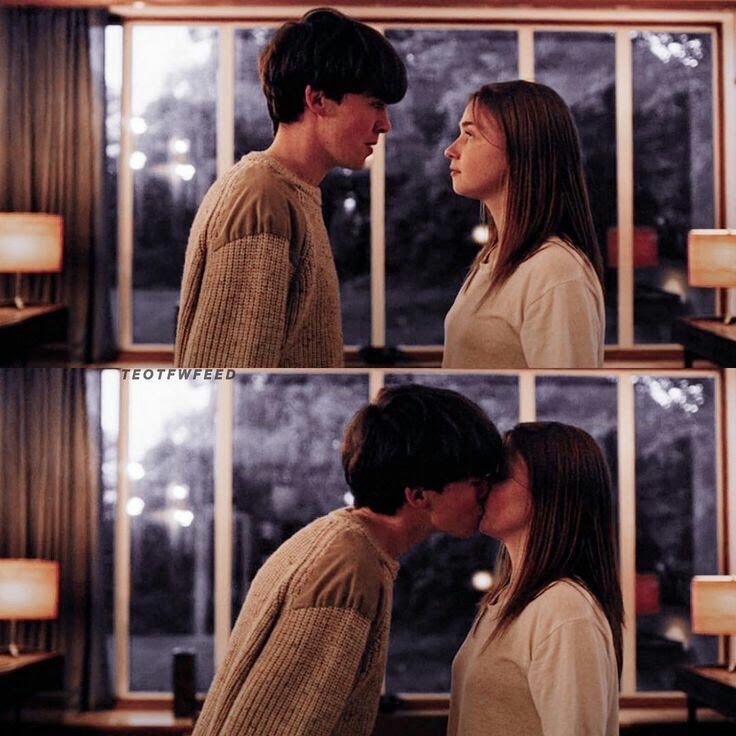 “Ava did not stop loving her daughter, but meeting her became a burden to her. Now she does not have the strength to deal with the problems of her relatives. This happens quite often. Elderly loners say they prefer to live alone because the kids make them work! Sit with children. Help prepare food. Get out. Some enjoy doing these things, while others prefer to do these duties on their own terms and not because the children demand it. In addition, there is a danger of falling into the epicenter of a family drama ... "******
“Ava did not stop loving her daughter, but meeting her became a burden to her. Now she does not have the strength to deal with the problems of her relatives. This happens quite often. Elderly loners say they prefer to live alone because the kids make them work! Sit with children. Help prepare food. Get out. Some enjoy doing these things, while others prefer to do these duties on their own terms and not because the children demand it. In addition, there is a danger of falling into the epicenter of a family drama ... "******
In general, whatever seems appropriate to you, do it, there will be no other time. Make plans, help yourself and others fulfill your most cherished desires, and always expect more from yourself.
* F. Iskander "Man and his environs" (Text, 1995).
** Annals of Internal Medicine, 2010, vol. 153 (11).
*** 1,455 men and 1,550 women aged 57 to 85 participated in the nationwide study. See Journal of Sexual Medicine, 2008, vol. 5 (10). nine0003
***** See about this V.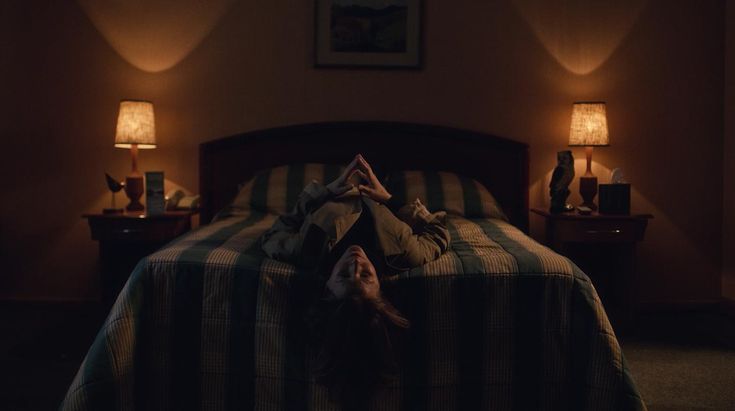 Yakovlev “The Age of Happiness” and “I Wanted and Could” (Mann, Ivanov, Ferber, 2013, 2014).
Yakovlev “The Age of Happiness” and “I Wanted and Could” (Mann, Ivanov, Ferber, 2013, 2014).
******E. Kleinenberg "Life solo: a new social reality" (Alpina non-fiction, 2014).
I was 87 when I found out that I have a son
“My life was full, I always worked, saw a lot of cities and people. And seven years ago I lost the dearest person, my wife. A feeling of emptiness came over me... I resisted the anguish as best I could, but I often caught myself thinking that I was deceiving myself. That was until the day I found a letter in the mailbox. A stranger wrote that he was ... my son. A long time ago, when I was working in Siberia, I had a girlfriend. Then I was transferred to another city, and we lost sight of each other. nine0003
I don't know why, probably out of resentment, she didn't tell us that we had a baby. And now, after her death, my son, already a pensioner himself, decided to look for me. I cried while reading his letter. At my age, fate gave me a chance to learn what fatherhood is! Of course, I wholeheartedly accepted both my son and his children and grandchildren, and they accepted me.
